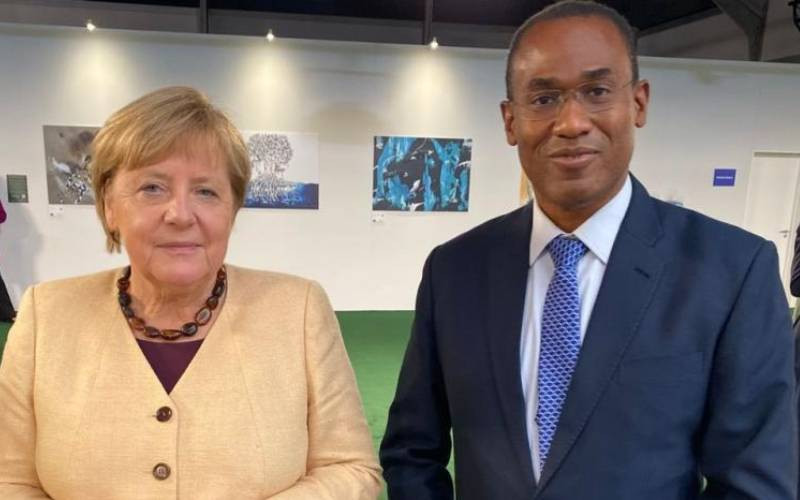×
The Standard e-Paper
Kenya’s Boldest Voice

The Ruto government is bracing for pivotal discussions with the International Monetary Fund (IMF) as the country seeks to secure the renewal of its multi-billion-shilling lending programme, set to expire in just four months.
On April 2, 2021, the IMF Executive Board approved a 38-month arrangement under the Extended Credit Facility (ECF) and the Extended Fund Facility (EFF) for Kenya, amounting to about $2.34 billion (Sh303 billion).